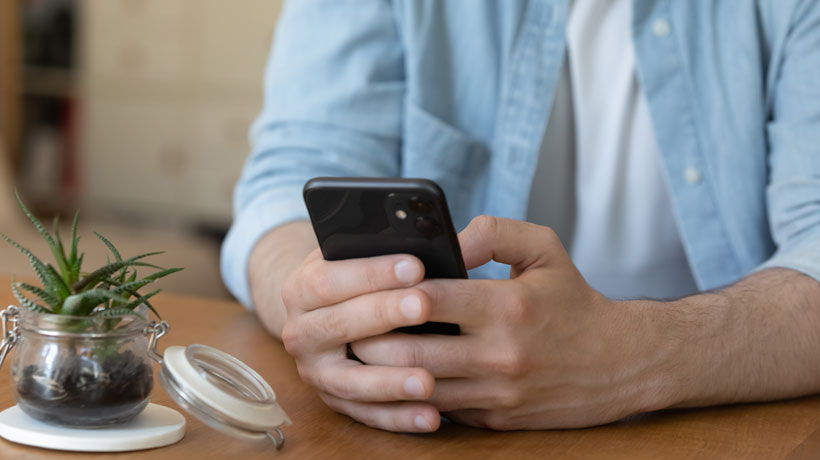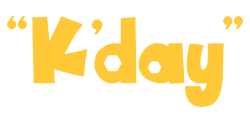Funding treatments that create a better quality of life

One childhood cancer survivor is dedicated to helping to improve the future health outcomes of survivors by donating.
Surviving childhood cancer is a blessing, says Craig McDonald. Now 46 years old, Craig was treated for Ewing sarcoma behind his right eye when he was just seven.
That was in the 1980s, and the treatment was a great success. However, the therapies that were required to save his life – including chemotherapy, radiotherapy and surgery – had major and ongoing side effects. Craig lost sight in one eye, for example. He lost hearing in one ear. He has ongoing heart issues and is unable to have children.
As a registered nurse and a paramedic, Craig is also highly aware that other issues could arise as he gets older. The impact on his heart could become more serious, he realises. He also potentially faces the early onset of Alzheimer’s disease, Parkinson’s disease, dementia and other issues.
There is also a cruel social side to survival.
“At school, kids were fairly brutal, in terms of bullying,” Craig says. “Today, hopefully the various programs around bullying take care of some of this, but I’m sure kids still suffer socially, too.”
Few appreciate the issues faced by childhood cancer survivors as much as childhood cancer survivors themselves. This is why Craig feels he should now be doing all he can to make a difference for future survivors. His help comes in the form of regular donations.
“We began by looking for charities that benefit children, because we can’t have children of our own,” Craig, also an owner of Intensive Group, a corporate governance consultancy, says.
“With my background as a cancer survivor, we found that The Kids’ Cancer Project was the best fit. It’s all about finding better treatments that don’t have the same level of side effects, and that therefore offer a better quality of life for survivors.”
“I read about a lot of therapies being developed by the researchers who are being supported by The Kids’ Cancer Project. A lot of the immuno-response therapies and nanoparticle treatments sound very exciting and very promising. They could make a real difference.”
Craig now gives $100 per month from his pay-packet to The Kids’ Cancer Project to support research aimed at improving the lives of kids who, like him, face a future of difficult health challenges as a result of their cancer treatment.
Change lives: Become a regular donor today
“Unfortunately, in the last few years, my niece had leukaemia as well,” he says.
“So, in my family we’ve had a fair bit of first-hand contact with cancer. We know how incredibly important it is to find treatments that are not only more effective but that also minimise side effects as much as possible. It’s not easy to find treatments that work, so we need to put money into the process, for the sake of future generations.”
On top of the rolling, monthly donation to The Kids’ Cancer Project, Craig gives extra at certain times of the year for specific programs. He also purchases The Kids’ Cancer Project teddy bears for children who are in hospital, to brighten their days.
Learn more: The Kids’ Cancer Project Bear Program
The real driver for his generosity, Craig says, is the fact that he knows how fortunate he is to be alive today, particularly when many kids he met in hospital in the 1980s didn’t make it.
“I feel like I’ve got a bit of an obligation to pay things forward, I guess,” he says. “I’m very fortunate. Yes, I’ve got a few health issues resulting from my treatment, but it’s not something that I allow to impact my daily life. I basically have a normal life.”
“I want treatments to be found that give kids less side effects so when they do survive, they lead a life closer to someone who has never had cancer treatment.”
“To know it’s quite possible that I could have been dead at seven years of age, and to have made it to this stage, I realise I’m actually pretty lucky. Now, it’s my responsibility to do what I can for kids who are in hospital right now, going through what I went through. I have to pay back some of that luck.”

